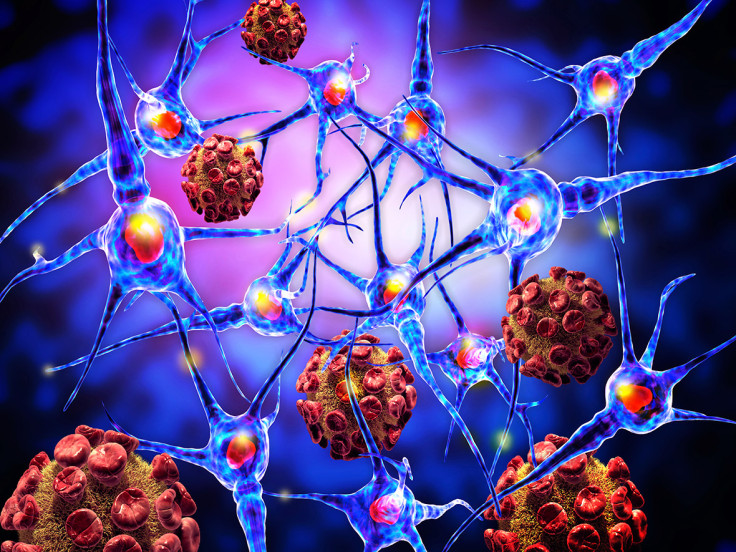Multiple sclerosis: Drug boosts myelin regeneration in mice raising hope of future treatments for MS

A new treatment for people suffering from multiple sclerosis (MS) may be on its way, scientists claim, after tests on mice showed promising results. The drug fluorosamine – not yet approved for use in humans – has the potential to boost myelin regeneration, a key step in curing patients.
The research, published in Nature Communications, is based on the fact MS is caused by damage to myelin, the isolating sheath composed of lipids and proteins wrapped around nerve fibres in the brain and spinal cord.
In patients with MS, the immune system attacks the myelin sheath. After that, myelin regeneration is often troublesome because specific molecular signals – called the CSPGs – block the production of cells known as OPCs, which are responsible for myelin production.
Using an MS mouse model, the researchers discovered evidence that fluorosamine can help tackle this specific problem, triggering the growth of OPCs in the presence of CSPGs.
245 drugs tested
Lead author Wee Yong, and his colleagues from the University of Calgary, tested 245 drugs in order to find the ones that would allow OPCs to grow, even though CSPG's were active in the mice. Two groups of seven to eight mice were given the different molecules.
After examining the effect of each drug, the scientists have come to the conclusion that fluorosamine is the best candidate to help those suffering from MS and trigger myelin regeneration. The drug indeed appeared effective both in reducing the production of CSPGs and in boosting OPC growth in mice's cells. The scientists also report evidence of fluorosamine improving limb paralysis, one of the most severe symptoms of MS.
Despite these positive findings, more studies are needed to further evaluate the safety and effectiveness of the drug before it can be used in human clinical trials, and potentially later as a widespread treatment.
© Copyright IBTimes 2025. All rights reserved.






















